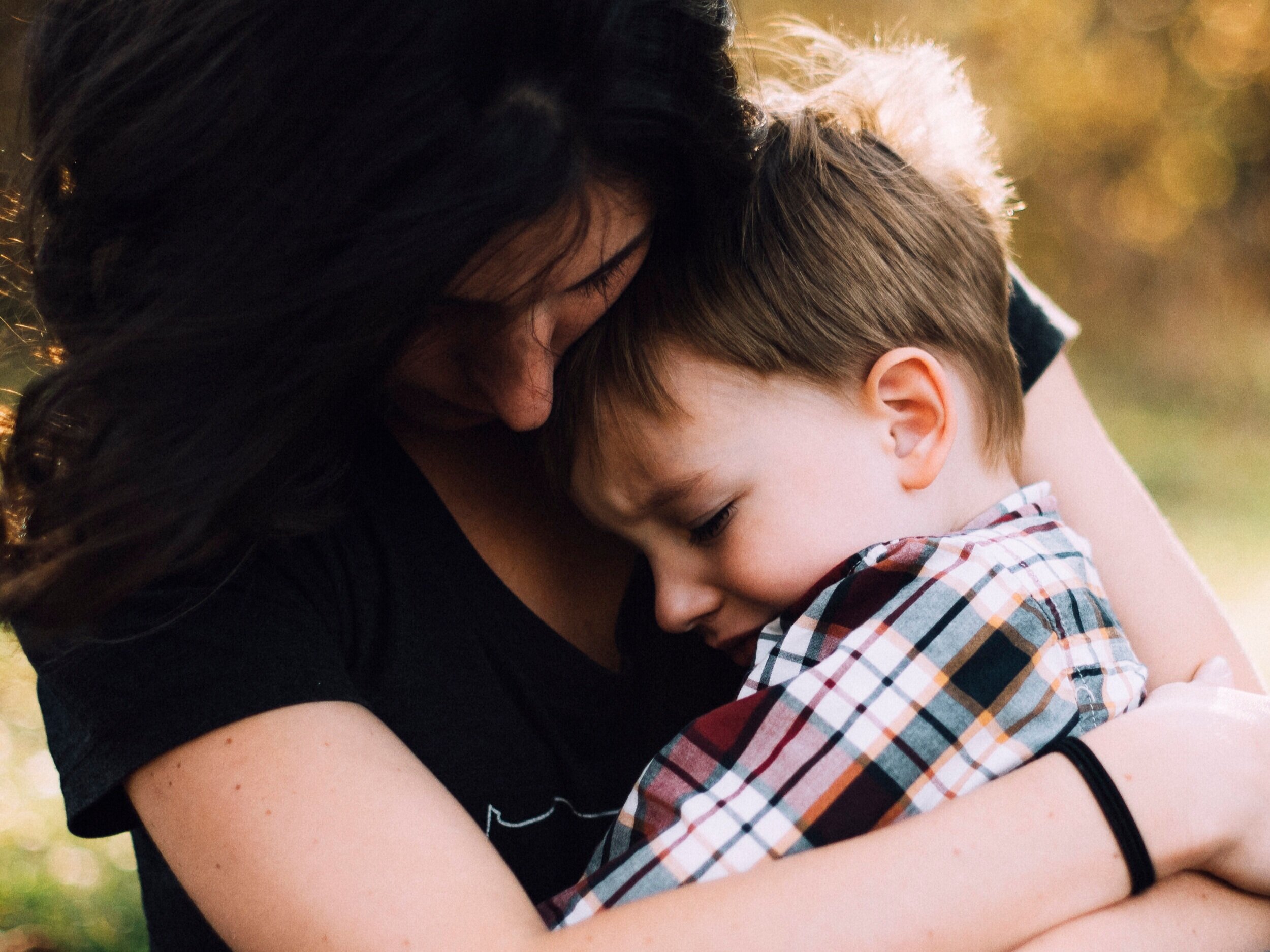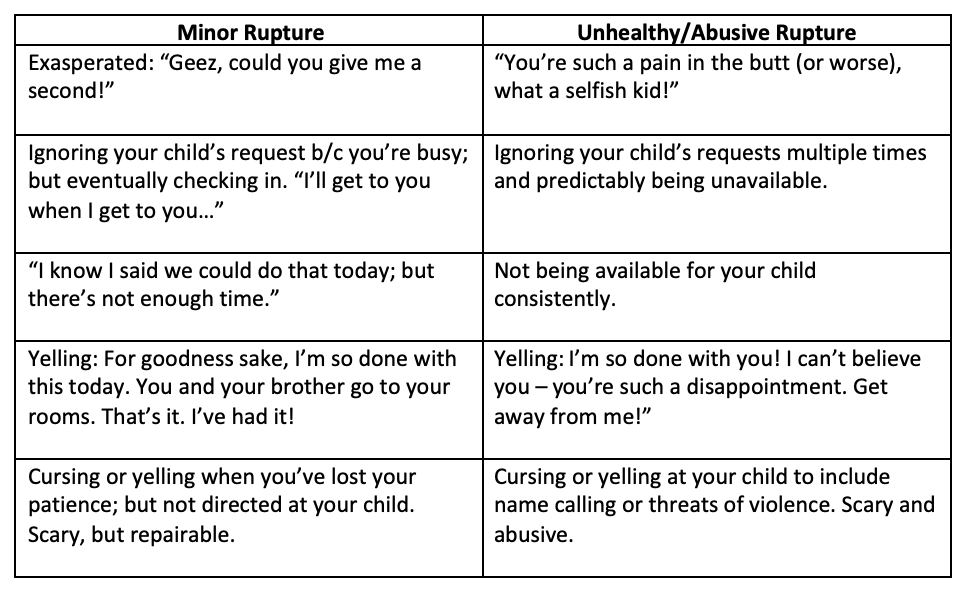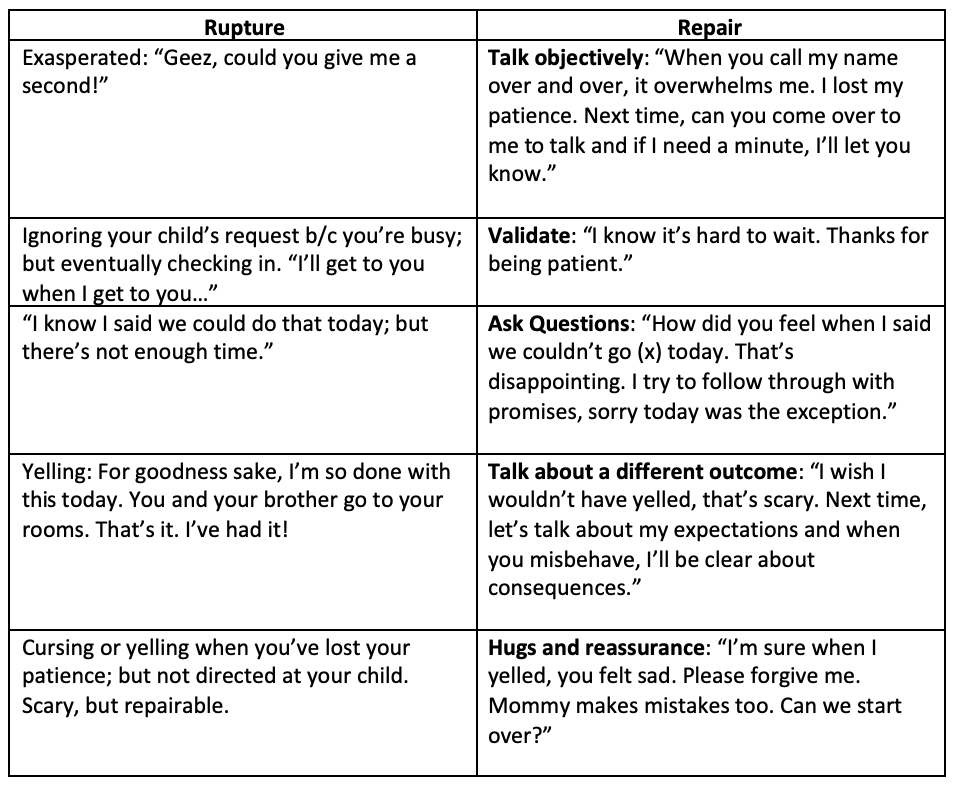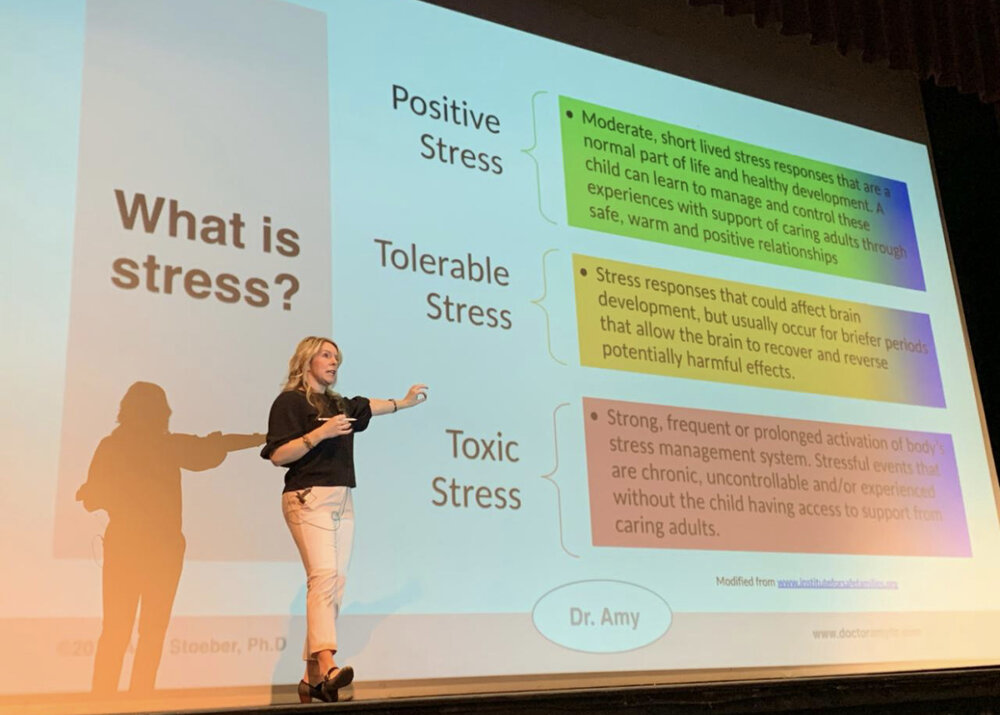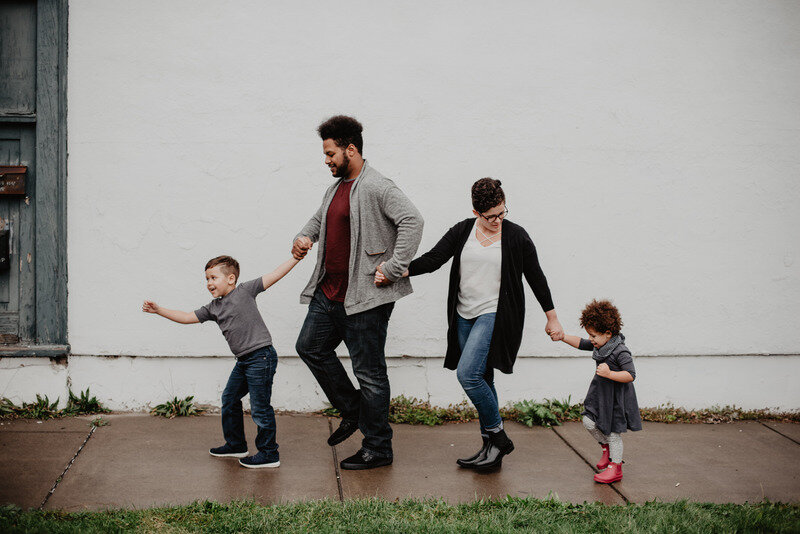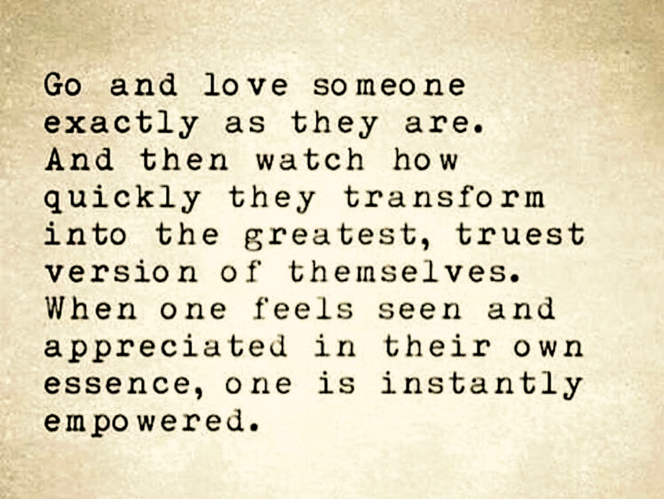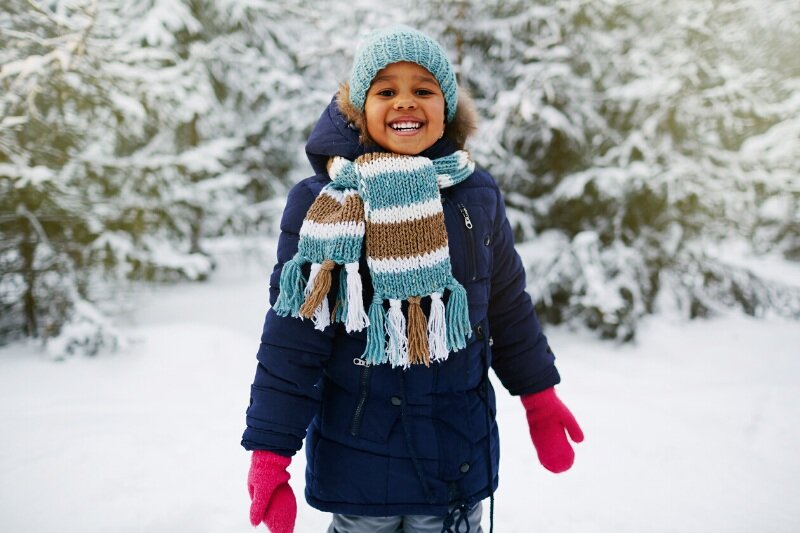First of all, if you’re NEW to my blog, welcome! I’m glad you’re here – we recently had a surge of new, amazing people join my readership because of some trainings I’ve been doing around trauma and resilience. Which leads me to my next point – expression of gratitude.
Huge shout out to the folks at George Fox University in Newberg, Oregon. I trained almost 150 graduate students in Graduate School of Clinical Psychology. Another shout out to the amazing educators and administrators at Tigard Tualatin Schools, where I trained almost 500 educators from 8 different schools on compassionate classrooms and resilient children. What an amazing group of people who are educating our precious children every day. Here’s a fun picture from my training at Tualatin High School.
Next, keep the comments and emails coming – I truly love hearing from each of you! I’m going to incorporate all of your questions throughout this series but especially during Week Five – Reader Spotlights and Questions. So keep them coming!!
OK, have you been doing your homework? I encourage you to review Week One and Week Two and begin thinking about discipline with our new reframing tool as well as the 5 goals to keep in mind around discipline.
Finally, I promised you some more great content; and today we’re covering Parenting Styles. Strap on your seat belts folks, because I’m going to be frank!
Types of Parenting Styles
Usually, when psychologists and educators refer to parenting styles, we’re referring to four different approaches on how we behave, discipline and communicate with our children. Typically, these parenting styles are referred to as Authoritative, Authoritarian, Neglectful and Permissive. Let’s break them down and then, let’s be honest, I’m going to tell you where you should try to land!
A Bit of Context
Each parenting style falls on a continuum of two dimensions: Support & Control. On the Control Dimension, this means that some parents are very controlling and have high demands, expectations and limitations for their children. Others are quite lax and do not place demands on their children; and the boundaries they set can be quite vague or inconsistent. On the Support Dimension, some parents are very warm, empathic and unconditional with their love; while on the other extreme, parents can feel cold, uninvolved and not emotionally available. Now let’s lay those two dimensions atop parenting behavior and discipline.
Militant Parent (aka Authoritarian) I’m going to call this militant in terms of parenting styles. This type of parent rules by iron fist – and does not like to be questioned. On the two dimensions, a militant parent is very high on the control dimension, but low on warmth and empathy. Therefore, parents who are militant appear to be rigid, controlling and can feel scary to children.
Bad News If you’re a militant parent, the research is clear. Children who are parented by militant parents tend to have lower self-esteem and poor social skills. These kids also have higher associations with mental illness and later addiction.
The Door Mat (aka Permissive Parenting) – I’m calling this kind of parent the kind doormat because these parents are often sweet and overly kind. After all, on the support scale, they’re quite warm and responsive. They are kind, empathic and loving. However, on the control dimension, they’re low. This means, they have very loose boundaries, can be talked out of a lot and often get taken advantage of by their kids.
Bad News If you’re a doormat parent, the research is clear. Children who are parented this way tend to be impulsive, egocentric, have poor social skills and problematic relationships. This is likely because they’re used to getting their way and melt down when that does not occur.
Can We Just Not? (aka Neglectful Parent) Likely, if you’re reading this blog, you’re not a neglectful parent. Neglectful parents are low on both control and support dimensions – this makes them uninvolved, indifferent about their children and unresponsive to their needs.
Bad News Of all parenting styles, you don’t want to land here. Children who have neglectful parents are at high risk of suicide, drug use and delinquency.
Before we move on to what I think is best practice, let me be clear. If you’re a militant parent or a permissive parent, you’re not a horrible parent. I just want you to begin to lean towards the dimension you’re lacking and learn new tools to become better balanced. If you’re a militant parent, I want you to explore ways to show empathy and kindness. And if you’re a permissive parent, I want you to become more clear with rules and expectations.
Children require BOTH unconditional love AND clear rules to feel safe.
I know, you’ve been waiting for this! I’ve teased about this in previous blogs and teach about this parenting style in ALL of my workshops on resilience and children.
What is a LOVING HARD ASS??
Loving Hard Ass (aka Authoritative) I call this type of parent a Loving Hard Ass because these parents are high on empathy and support but also high on control, meaning it’s very clear what their expectations, limits and boundaries are with their children. But rather than be militant (yelling, threatening, demanding, and, at times, abusive); or permissive (loving, but way to lenient), these parents find a balance between being warm, responsive and utilizing positive discipline skills while still being firm, clear and having high expectations for their child’s behavior.
THIS IS WHERE I WANT YOU TO BE!!
Good News Parents who find this delicate balance between being supportive but also clear with expectations have children who fair the best. These kids tend to have high self-esteem and academic performance and positive social skills while having lower rates of mental illness and delinquency. AKA, these kids are more resilient because their parents blend warmth with demands. The blend love with clear expectations. They are both unconditional with love but also clear with limitations.
Remember our previous blogs on unconditional love? Remember how important I said unconditional love is for children? Here’s a link if you didn’t read them…
Let’s Review
OK, so if you’re not clear yet, I want all parents to become Loving Hard Asses! Too frank? Others call it “warm demanders” if my language is too much for you. But I don’t care what you call it, as long as you do it!
Whew! Lots of information to process. Again, we’re rethinking behavior and discipline. And our goal is to be more intentional in our parenting – sometimes that means taking a deep dive to investigate our parenting styles. Even if it’s painful. Even if you disagree with me. Because, when we’re more purposeful about our approach to children’s behavior, we gain more meaningful connection.
That’s a wrap folks! Thanks for learning together.
